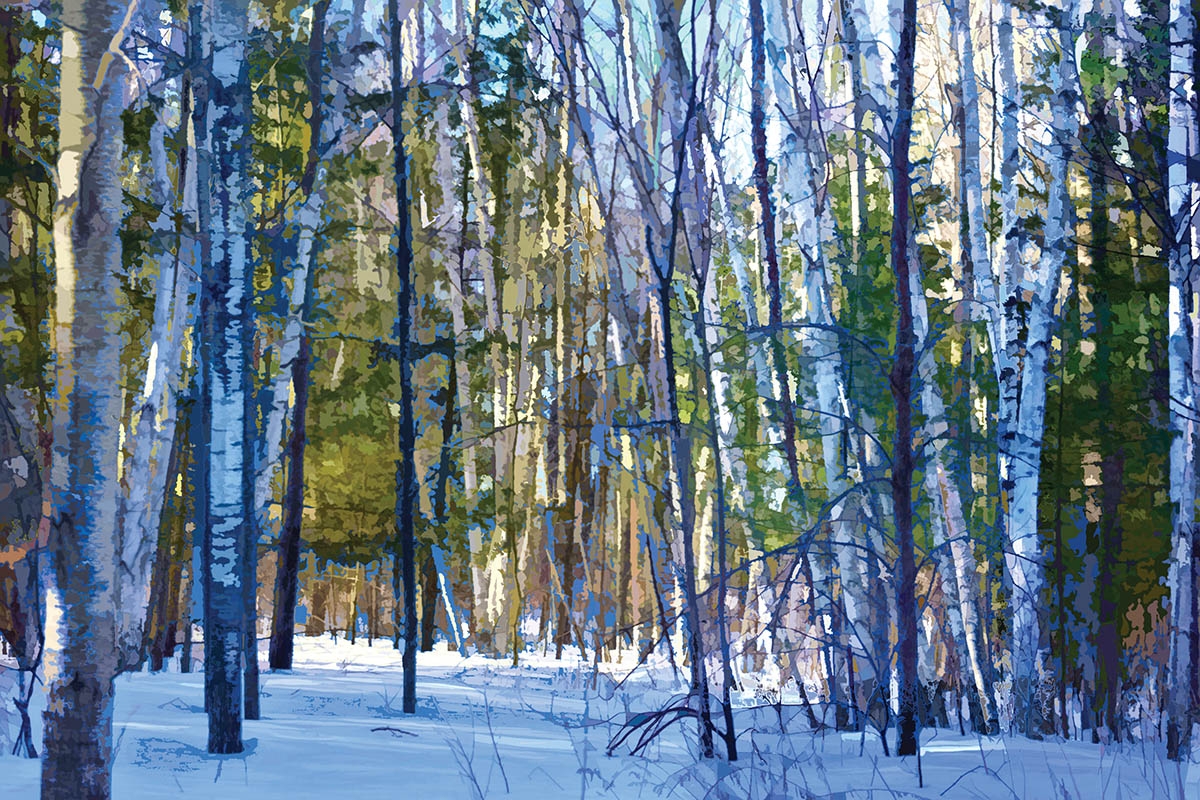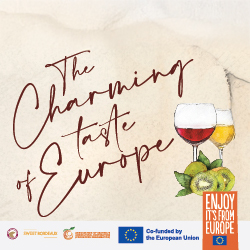
The Glitter and the Grit of Lindi Ortega
For any traveling musician, the long, lonesome stretches of road that bind concert stages to one another can disrupt the concept of time, making a minute feel like an eternity. Our contemporary troubadours spend a significant amount of time lingering in these counterfeit purgatories, anticipating with equal parts excitement and anxiety the upcoming performance, the next show. For Nashville-based, Toronto-bred country artist Lindi Ortega, the nomadic life of the gypsy suits her temperament. “I have a song called Gypsy Child on my new record [2013’s Tin Star] for that very reason,” she says. “My mom started calling me her Gypsy Child when I started traveling so much for music.”
Since its release, Tin Star has garnered much critical acclaim. Michael Hann of The Guardian aptly describes Ortega’s sound as “a refreshing acerbic take on country,” ultimately giving the album an impressive four-star review. He is not alone; many are surrendering to the seductive force of Ortega’s commanding voice and her contemplative compositions. Ortega’s road of song led her to Ottawa’s NAC Fourth Stage for two sold-out shows in late November.
“The nomadic lifestyle can be very inspiring,” she says. “It’s thrilling to get to travel and meet new people and have new experiences. At the same time, it can be a bit lonesome. You kind of sacrifice being in the lives of your friends and family, you miss out on important occasions and being alone in a hotel room night after night and living out of your suitcase is not exactly glamorous. But it’s all worth it when I get to play the show and sing my songs for people. That’s the best part!”
That split, that strange divide which separates a wandering, gypsy musician from close relations simultaneously bonds them to audiences, breaking the barriers which would otherwise limit connectivity.
Dichotomies lie at the heart of Ortega’s mysterious charm. She is at once hard yet soft; traditional yet contemporary. Her contradictions operate in ever varying relations to each other. “Maybe it’s because I’m a Gemini,” she says in jest. “I think life is full of parallels and I’m attracted to those parallels and what they say about life. So I think naturally the opposing images come through in me and my music.”
Ortega does not suffer from an anxiety of influence. Hers is a passion for music, a love of its history, its heroes, its hereditary impulses. “The music keeps on running through the blood in my veins,” she sings in the title track of her most recent album, her third in three years. She operates in the theatrics of tradition with a cast of characters consisting of those in the spotlight and in the shadows of country music history. None is more potent than that ever-revered figure who exhibits the parallels that attract Ortega in the first place: Johnny Cash.
“Johnny Cash was a true original,” she says. “The brand of country he created was all his own. But beyond my admiring him for his unique qualities, I love that he was so well respected in all genres of music, from hip hop, to punk, to metal, to folk, roots and country. It’s amazing to acquire such cross-appeal. And his career was incredible. He came up in the era of Elvis Presley. Most artists were overshadowed by Elvis but Johnny Cash managed to garner just as much interest and attention and he remained relevant for a very long time. I also love his ability to take a cover song and make it seem like it was his song and that he wrote it.”
Though Ortega’s music generally falls under the category of country or alternative country (more commonly referred to as “alt-country”), her appeal, much like Cash’s, transcends the concept of labeling. What matters to Ortega is not the title attributed to a sound that matters, but rather the origins of that sound, its birthplace, its source.
“I just do what I do,” she explains. “I don’t care what people call it, as long as they’re listening and they like it. Although, it’s funny to me that the music I make gets relegated to the term alt-country when it’s more true to the history of classic country than new country is nowadays. I can’t even begin to wrap my head around the shift from what was called country in the 70’s versus what is deemed as country now. When mainstream radio started only accepting a certain format of song to be played on their stations, that is when the term country got hijacked. As for me, I just write songs inspired by the music I love and all that’s important to me is that people are aware it comes from the heart and I mean every word of what I sing.”
Though founded on a solid framework of influences, Ortega sustains a sense of invention, of creative evolvement and surprise. In February 2014, she is scheduled to perform alongside the Winnipeg Symphony Orchestra, marrying the graceful elegance of symphonic instrumentation with the grit of western twang. It is a strange pairing in which the maestro meets the country minstrel but one that is enticing in its premise.
“The Winnipeg Symphony Orchestra approached me,” she explains, “and at first I thought it might be ridiculous to turn country songs into symphonies and then I thought it was brilliant and now I can’t wait to see how my songs translate with an orchestra!”
Curious sonic pairings reveal but one aspect of Ortega’s particular concept of presentation. Her approach to aestheticism is deliberate – a careful, calculated balance between the overt and the subtle. “I’m a very visual person,” she says. “So I think that translates strongly in everything I do. I take an extra twenty minutes a night when I’m on tour to set up my stage with decorations. I am the Martha Stewart of stage decor. I feel it allows me to be more creative.”
With three critically-acclaimed albums under her belt, and an ever-growing fan base, Ortega shows no signs of relenting, for hers is the road of the wanderer and the singer. The care she puts into her music reveals a passionate working artist, one moved by tradition and innovation. When asked whether she would consider herself prolific, she answers in humbled, modest tones: “Well, I just feel I’m constantly inspired because my lifestyle lends itself to inspiration, all the touring and travel. I think I could always stand to be more prolific. I don’t follow any strict routines. Songs come to me in different ways.”
She has music running through her veins, hers the blood of sound and voice. Her passion is her profession. “My work is not done,” she admits. “Not now… Not ever.”
For more information, visit: http://lindiortega.ca/









